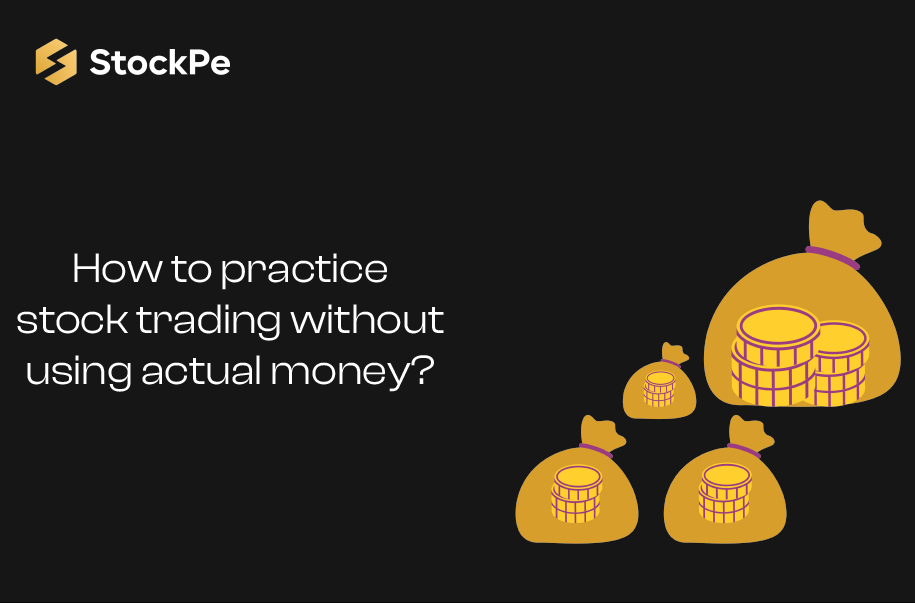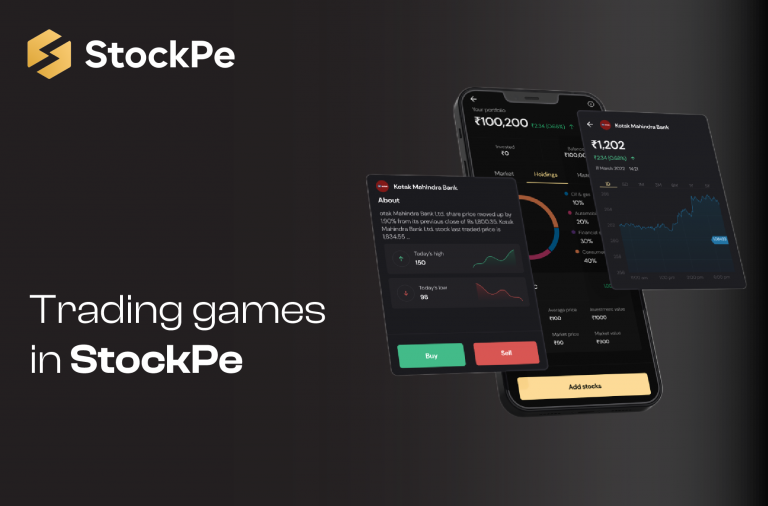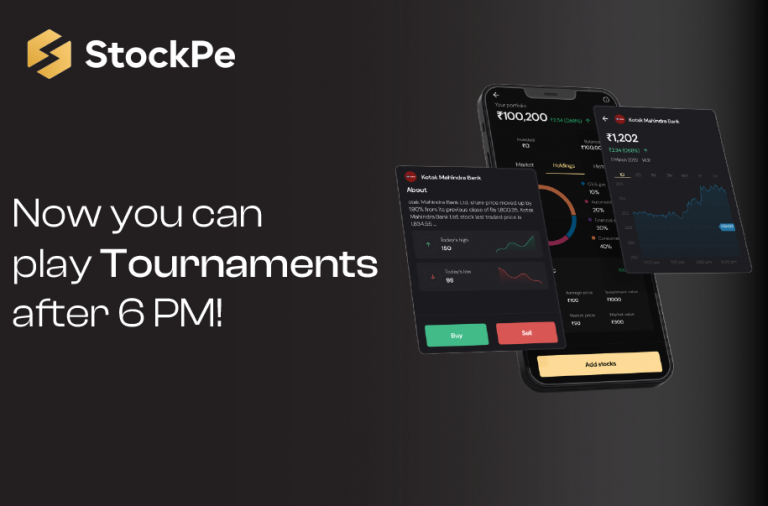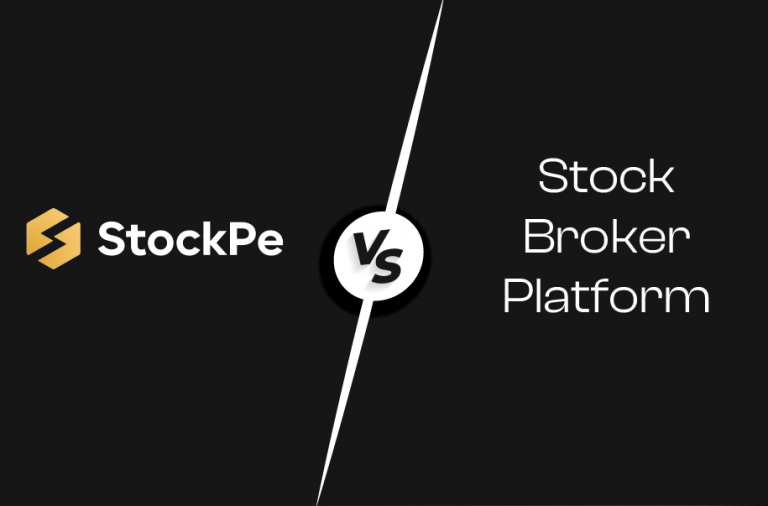Stock Trading is an amazing way to grow your wealth.
The lack of understanding about “Risk & Returns” is why most don’t start investing early. The only way to overcome that risk is to consistently practice trading in stocks without using actual money.
Trading Games:
Trading games are where you can practice trading, before entering the real market. In trading games, you can add a variety of asset classes like stocks and commodities and build your portfolio. The best part is that, you motivate yourself to learn more, since you edge against your peers. This compels you to perform better and win.
StockPe is a trading game, where you can practice stock trading effortlessly. Trading games are the unrivalled place, where you can practice building your portfolio. StockPe also has a leaderboard where you can match scores with your friends.

Paper Trading Account:
Paper Trading Accounts are where you can start trading in shares, with no real money. These accounts allow you to test difficult trading strategies and investment strategies without losing money. If you are a beginner with no experience in trading, paper trading accounts are a great place to start!
StockPe is an app with paper trading features in StockPe Tournaments, where you can practice stock trading!
Virtual Money:
When practicing with virtual money, it’s important to treat it as if it were real money. This means setting stop loss orders and limit orders, just as you would in a real trading account. Additionally, you should research and analyze stocks just as you would if you were investing with real money.
At StockPe, StockPe coins are virtual money. You can earn StockPe coins by completing learning modules and winning in tournaments. Practice trading with StockPe coins without using real money!

What is Stop Loss?
A stop-loss order instructs to buy or sell a stock automatically, when it reaches a specified price known as the stop price. Once the stop loss is met, the stock is sold.
When you practice trading with virtual money, set stop-loss for a stock, and analyze your gains. Practice trading by setting stop loss for a stock at StockPe Tournaments.
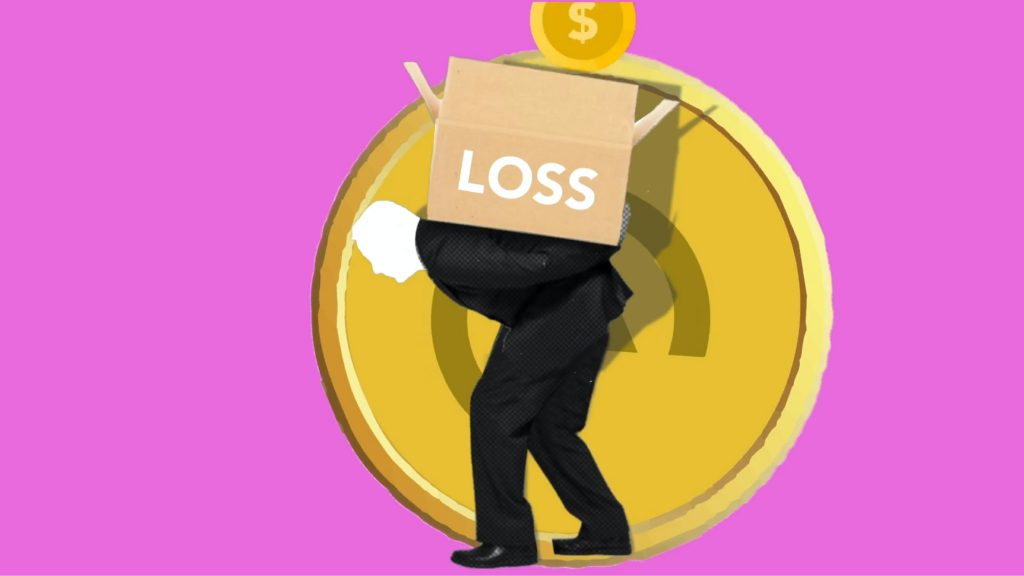
What is Limit Order?
Limit price is the minimum or maximum price at which you are willing to buy or sell your stock. If stock price does not reach the limit price, order is not executed.
When you practice with virtual money, set limit price for a stock, and check how the stock behaves. Practice trading by setting limit orders and check how a stock behaves at StockPe Tournaments!
Mutual Funds:
An alternative to practice trading without using actual money is to invest in mutual funds. Mutual funds are managed by professional fund managers who invest in stocks and other securities on behalf of the fund’s investors. By investing in a mutual fund, you can gain exposure to the stock market without having to trade individual stocks yourself.
Practice trading and build a portfolio of stocks and securities in StockPe tournaments!
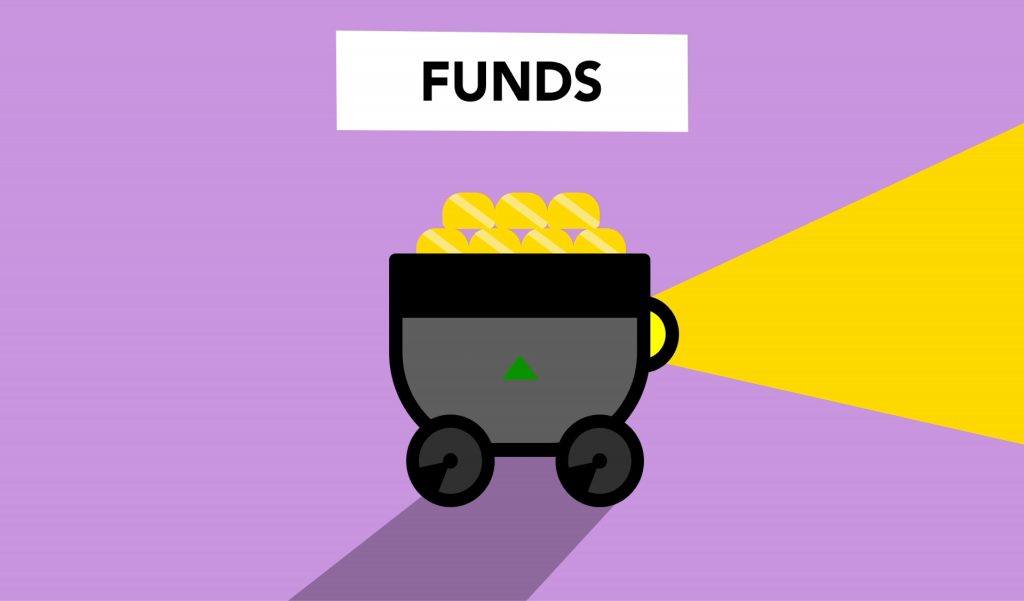
Who is a Broker?
Stock Brokers buy and sell stocks which are listed in the stock exchange to the public for a certain fee. The broker can either be a person or your investment platform.

Brokerage Account:
A brokerage account is a type of financial account that allows individuals to buy and sell securities such as stocks, bonds, and mutual funds. These accounts can be opened with a brokerage firm, which acts as an intermediary between the investor and the securities markets. A brokerage account allows you to place orders to buy or sell securities, and also provides you with access to research, investment tools and other resources to help you make informed investment decisions. opening a brokerage account may require a minimum deposit and also come with certain fees, such as trading fees and account maintenance fees.
This is the account through which you can invest in stocks of the companies which are listed in the stock exchange.

Brokerage Fees:
Brokerage fees are charges that are assessed by brokerage firms for the services they provide to their clients. These fees can vary widely depending on the specific services and products being offered. Some of the most common types of brokerage fees include:
This fee is what you pay your broker for every trade. This Fees are charged by Broker Platforms as well.
Practice trading to understand how brokerage fees work at StockPe Tournaments!

Trading Strategies:
Long-Term or Intraday? Analyze stocks thoroughly by their fundamentals and technically. Formulate your own trading strategy and practice trading in StockPe. Trading Strategies provide a set of rules and guidelines for making trades, which can help traders make informed decisions and potentially increase their chances of success.
Trend Following – Do you have that friend, who jumps on every new trend? Cold-Shoulders, Torn-Denim or the latest iPhone – This friend immediately switches trends. Trend Following is a market strategy where you buy stocks based on trends. Cons: Short-term fluctuations may not signal long-term results. Just like, Torn-Denim is the most unreliable fashion metric to rely on.
Contrarian Trading – How about that friend, who hates trends? This friend still listens to ‘Mera Joota Hai Japaani’, even when the party scene is blaring with ‘The Breakup Song’. If this friend is trained in music though, he has the potential to profit by making contemporary covers from old songs.
Contrarian traders have the market knowledge and timing to trade in stocks, against trends. These traders profit from pullbacks and corrections.
Mean Reversion – This trader is your friend, who always insists on splitting bills by average, every time you visit food-court with friends. These are the mean reversion traders.
Mean Reversion Traders keep track of the daily moving average for a few months. They check how the stock has performed compared to the average. If steep rises or falls or less, these traders pounce on the stock.
Arbitrage – This trader is that friend who copies assignments from you and sells it on the internet. Traders who arbitrage buy stocks from one market and sell them in another market. Low Risk & Profitable!
Practice trading by different trading strategies by varying duration and price at StockPe Tournaments!
Investment Strategies:
Short-Selling or Value Investing? You can practice investing by holding your stocks or selling at the right time, without losing real money at StockPe!
Value Investing – Do you bring chocolates, everyday to your crush? That is value investing. This strategy involves identifying undervalued companies on assets, to buy them later, when their true value is realized. You have to develop a knowledge of undervalued assets, to deploy this strategy. Just like, you should know if your crush is a real asset, worth your chocolate investments!
Growth Investing – Did your teacher hint, that she might add 20 points to your internal marks if you submitted assignments? These investors immediately hand in this assignment. Growth investors invest in assets, that are expected to grow at a faster rate. Again, you must know how reliable this teacher has been in the past, to take her promises seriously. Growth investing also requires market knowledge of companies or assets, which have the potential to grow.
Index Investing – Are you that kid, who exclusively tracks the cutoff in your prep?
Index Investors track an index which reflects the prices of a set of stocks. In India, Nifty 50 is a popular index of top 50 performing stocks in the National Stock Exchange. This is a comparatively safe investment method.
Practice trading by implementing different investing strategies at StockPe tournaments!
Learn Finance Easily at StockPe and implement the learning when deciding how to buy the right stocks, when practicing trading at StockPe!
Fundamental Analysis:
Fundamental analysis of stocks involves evaluating a company’s financial and economic performance, management, and industry trends to determine its intrinsic value and potential for future growth. This can include analyzing financial statements, revenue and earnings reports, and other financial metrics. The goal is to identify undervalued stocks that have strong fundamentals and a high likelihood of long-term growth.
Do you calculate if Swiggy or Zomato is providing the best offer for your Palak Paneer? Fundamental analysis is analyzing the share price, by calculating metrics like earnings per share.
Learn Fundamental Analysis at StockPe learning modules and act on your fundamentals by practicing trading at StockPe!
Technical Analysis:
Technical analysis uses charts and patterns to predict future outcomes in the market.
Learn Technical Analysis at StockPe learning modules and implement your analysis by practicing trading at StockPe!
Real-Time:
StockPe Trading Tournaments have candlestick charts to guide your decisions, when practicing trading real-time with stocks. Prices vary real-time when you buy and sell stocks in StockPe tournament. StockPe tournaments are the most realistic practice to get into Stock Market. StockPe Games simulate the stock market end-to-end, so that you can practice trading and seamlessly start investing.
Start to practice trading at StockPe tournaments NOW! Don’t miss out!

